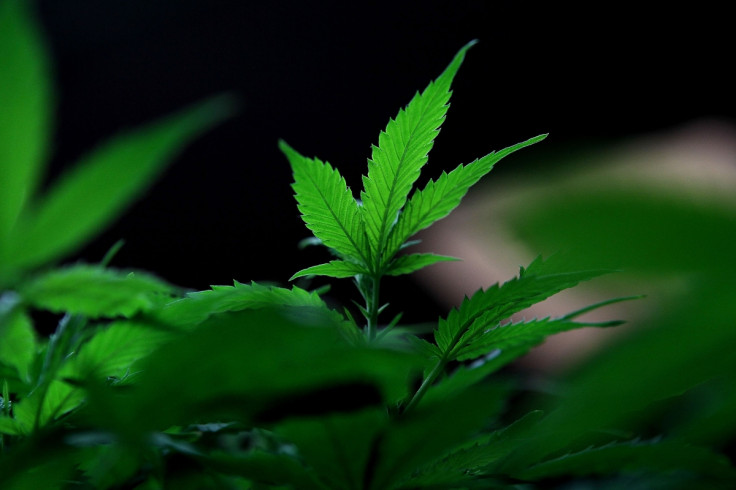US legal marijuana dealers burned by 70% federal tax rate

Marijuana dealers have raked in billions of dollars since the use of recreational pot became legal in Colorado and Washington, but they're getting walloped by as much as a 70% federal tax rate.
It's a strange situation because the operations are still illegal under federal law, even though the states allow it. While marijuana dealing is a crime in the eyes of the feds, the US government nevertheless is looking forward to reaping close to $1bn (£700,000) in revenue from taxes on pot operations from 2014 to 2019.
In 2015 Colorado moved some $1bn in pot and collected $135m (£94m) in taxes. The mammoth federal tax bite is the result of Section 280E of the US tax code. The clause was passed in 1982 to specifically deny tax breaks to those selling "controlled substances." That means the effective tax rate for weed dealers can hit 70%, compared with the typical 30% rate of another operation, reports the Daily Beast.
No one cared about the law in 1982, but now it's a major burden to marijuana sellers trying to be honest citizens, with the backing of their state governments.
And the IRS is not easy to ignore. Marijuana businesses have to register and incorporate in states, and that puts them on the IRS radar. It's tough to do a legitimate business with the crushing tax rate.
"When I sat down to read the tax code I was not shocked that such a short paragraph could really be the cause for all the alarm," Tim Cullen, CEO of marijuana grower and retailer Colorado Harvest Co., told the Beast.
Oregon Senator Ron Wyden, a Democrat, and Kentucky Republican Senator Rand Paul introduced The Small Business Tax Equity Act that would let marijuana businesses following state laws make standard business deductions. But the bill has been stuck in committee.
Unless they get some breaks soon, experts warn, many of the newbie marijuana operations will go up in smoke.
© Copyright IBTimes 2025. All rights reserved.






















